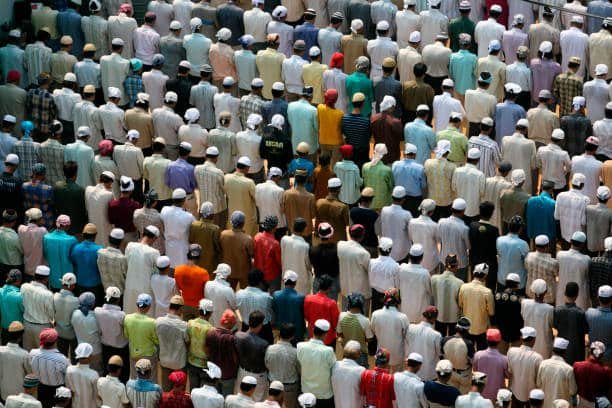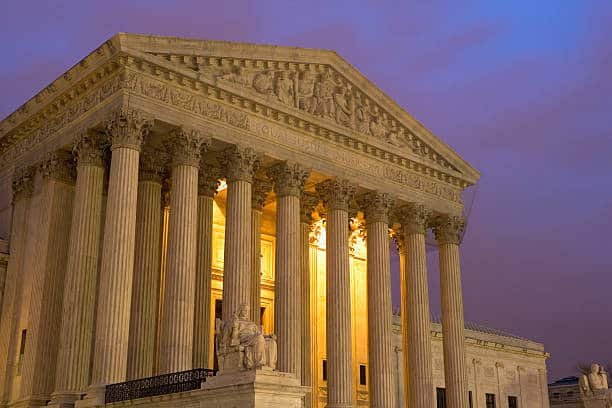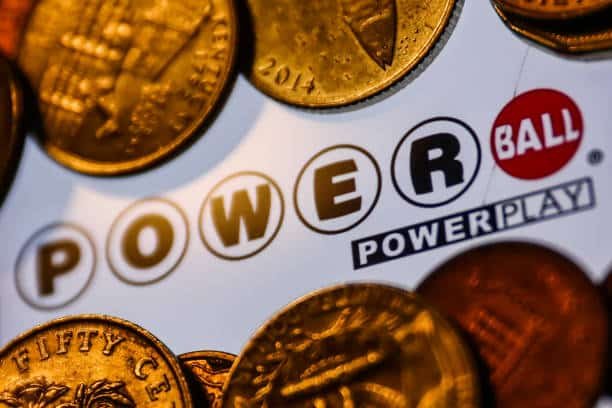
Monday’s Powerball drawing produced no winners. $1 billion is won in the jackpot. After no winning ticket was sold for the most recent drawing, the Powerball jackpot increased once more to an estimated $1 billion. The white balls 5, 8, 9, 17, 41, and red Powerball 21 did not appear on any ticket for the drawing on Monday. The projected jackpot value was $900 million. The new prize for Wednesday’s drawing would be the third-largest for Powerball and the seventh-highest in American history. A $516.8 million lump sum payment before taxes or $1 billion paid out in year installments are the prizes available to ticket holders.
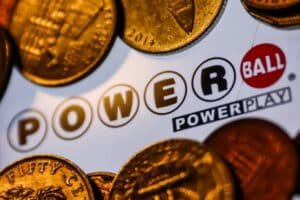
According to lottery authorities, three persons each won $2 million after matching all five numbers and the Power Play. Sales of the winning tickets took place in Texas, Georgia, and Arkansas. Five persons who correctly matched all five numbers each earned $1 million. The winning tickets were bought in Pennsylvania, New York, Florida, Kentucky, Connecticut, and Florida. The game’s pitifully low chances of 1 in 292.2 million are intended to create large jackpots that entice additional players. Last November’s $2.04 billion Powerball prize was the greatest ever.
Monday’s Powerball drawing produced no winners. $1 billion is won in the jackpot.
The most recent Powerball jackpot winner received a top prize of roughly $253 million on April 19. Since then, there have been 38 consecutive lotteries without a grand prize winner. Until someone wins, the jackpot will keep increasing. Along with Washington, D.C., Puerto Rico, and the U.S. Virgin Islands, Powerball is played in 45 states.
The jackpot for Wednesday’s drawing would be the seventh-highest lottery payout in American history, as was incorrect in the original version of the story. The red Powerball’s winning number has also been adjusted to 21.
powerball history
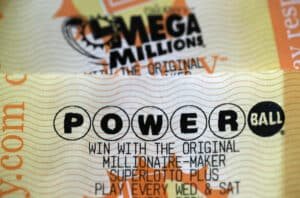
Powerball is a popular lottery game in the United States known for its massive jackpots and widespread popularity. Here’s a brief history of the game:
- Early Beginnings: The first version of Powerball was launched in 1987 by the Multi-State Lottery Association (MUSL), a non-profit, government-benefit association formed by an agreement with U.S. lotteries. The game initially started as “Lotto America” and was played in just a few states, including Iowa, Kansas, Missouri, Oregon, Rhode Island, West Virginia, and the District of Columbia.
- Rebranding as Powerball: In 1992, the game underwent a significant rebranding and became “Powerball,” which involved a new format and rules. The rebranding aimed to boost ticket sales and increase the size of the jackpots to compete with other large lotteries.
- Expansion: After the rebranding, Powerball quickly gained popularity and expanded to more states, eventually becoming a multi-state lottery game. It continued to add new participating states over the years, contributing to its widespread reach across the country.
- Power Play: In 2001, Powerball introduced the “Power Play” option, allowing players to increase their non-jackpot winnings by two, three, four, five, or even ten times. This enhancement further added to the excitement and allure of the game.
- Record Jackpots: Powerball has been responsible for some of the largest lottery jackpots in history. One of the most notable occurred in January 2016 when the jackpot reached an astounding $1.586 billion. This jackpot was split between three winners in California, Florida, and Tennessee.
- Changes in Rules: Throughout its history, Powerball has made some rule changes to improve gameplay and increase the frequency of large jackpots. Changes often involved adjusting the number matrix or adding new features like the Power Play option.
- Social Impact: Powerball and other lottery games have had a significant impact on society, generating substantial revenue for state governments. The funds generated from ticket sales often go toward education, infrastructure, and other public services.
Powerball continues to be a highly popular and widely recognized lottery game, captivating the imagination of millions of players with the hope of winning life-changing sums of money. As of my last update in September 2021, the game may have experienced further developments and changes beyond that point.


